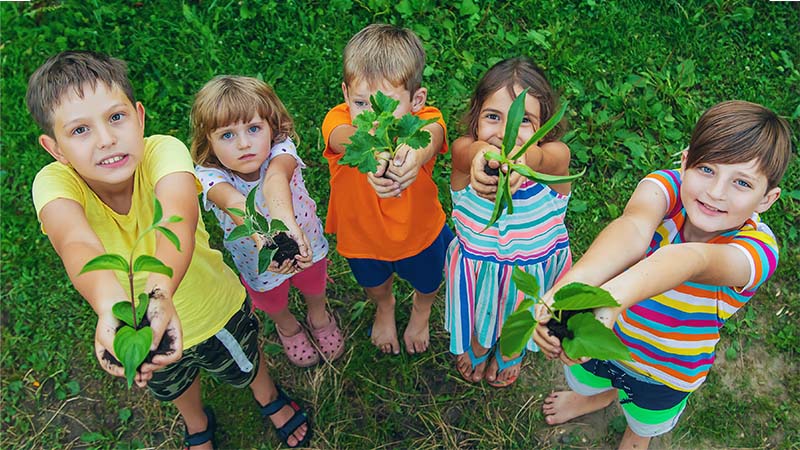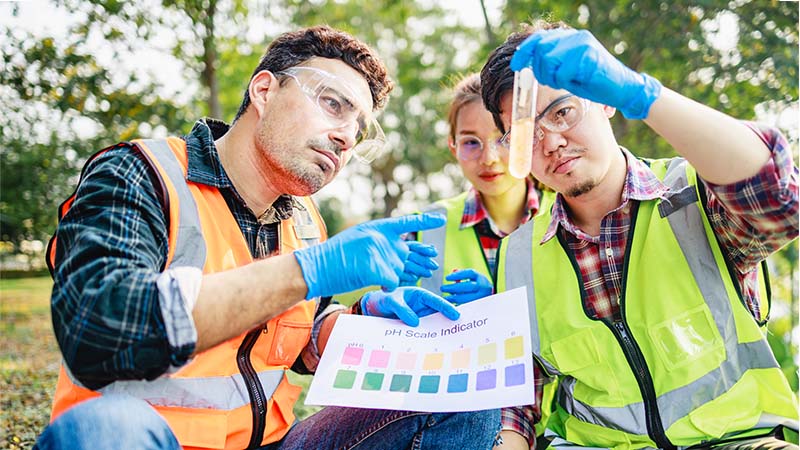In recent years, the concept of sustainability has taken center stage in various aspects of our lives, and summer camps are no exception. With a growing emphasis on environmental responsibility, eco-friendly summer camps offer a unique platform for instilling a sense of stewardship towards nature in young minds. These camps not only provide fun and education but also foster an enduring respect for the environment.
The essence of an eco-friendly summer camp lies in its approach to operations and activities. By integrating principles of sustainability into the camp’s infrastructure and programs, campers are immersed in an environment that emphasizes conservation and mindful living. From utilizing renewable energy sources to implementing waste reduction practices, these camps serve as a model for sustainable living, providing practical lessons that children can carry into their everyday lives.
Furthermore, eco-friendly camps play a crucial role in raising the next generation of environmental advocates. Through interactive and engaging activities, children learn about the importance of preserving our natural resources. They gain hands-on experience in sustainable practices, such as recycling, composting, and gardening, which not only educates them but also empowers them to make a difference in their communities.
As we move forward, the integration of eco-friendly practices in summer camps will become increasingly important. Not only do these camps offer a fun and educational experience, but they also play a pivotal role in shaping a more sustainable future, one camper at a time.
Key Elements of an Eco-Friendly Summer Camp
Eco-friendly summer camps are defined by several key elements that collectively contribute to a sustainable and environmentally conscious experience for campers. These elements include:
- Renewable Energy Use: Implementing solar panels, wind turbines, or other renewable energy sources to power camp facilities reduces the environmental footprint.
- Waste Reduction: Emphasizing recycling, composting, and minimizing single-use plastics to teach campers about waste management and its environmental impact.
- Sustainable Food Practices: Incorporating locally sourced, organic food options and teaching campers about sustainable agriculture and food choices.
- Eco-Friendly Materials: Using biodegradable, recycled, or sustainably sourced materials for camp activities and infrastructure.
- Nature-Based Activities: Designing activities that promote interaction with and appreciation for the natural world, like nature hikes, wildlife observation, and environmental education programs.
- Water Conservation: Implementing practices such as rainwater harvesting and water-saving fixtures to promote efficient water use.
Each of these elements plays a vital role in creating a comprehensive eco-friendly summer camp experience, teaching children the importance of sustainable living, and instilling a lifelong respect for the environment.
Engaging Campers in Green Practices
Engaging campers in green practices is essential for an eco-friendly summer camp. This can be achieved through a variety of activities that are both educational and fun:
- Recycling and Composting Workshops: Teaching children how to recycle and compost effectively helps them understand waste management and its environmental impact.
- Nature Exploration Activities: Organizing nature walks, bird watching, and wildlife identification sessions to foster a deeper connection with the environment.
- Gardening and Planting: Involve campers in planting trees and maintaining a camp garden to teach them about sustainable agriculture and the importance of plants to our ecosystem.
- Eco-Crafts: Using recycled materials for arts and crafts activities to promote creativity while emphasizing the reuse of materials.
- Environmental Education Games: Designing games that focus on environmental themes, like climate change or wildlife conservation, to make learning about these topics interactive and memorable.

By incorporating these activities, eco-friendly summer camps can effectively engage campers in green practices, instilling in them the values of environmental stewardship and sustainable living.
Collaborating with Local Environmental Organizations
Collaborating with local environmental organizations is a key strategy for eco-friendly summer camps to enhance their educational impact. These partnerships bring a wealth of knowledge and resources to the camp environment, offering campers a deeper, more practical understanding of environmental stewardship. Local experts can lead workshops or discussions, sharing their insights on contemporary environmental issues and conservation efforts.
Additionally, these collaborations can create unique opportunities for field trips and hands-on experiences. Visits to nature reserves, recycling plants, or organic farms expose campers to real-world applications of environmental theories they learn at camp. This not only diversifies the camp experience but also helps campers understand the broader context of their eco-friendly practices.
Such partnerships also emphasize the importance of community involvement in environmental protection. They teach campers that effective environmental stewardship goes beyond individual actions, involving collective efforts and community engagement. This broader perspective encourages campers to stay actively involved in environmental causes long after their camp experience ends.
Measuring the Impact
Assessing the effectiveness of eco-friendly practices at summer camps is crucial to understand their impact on both the environment and the campers. One approach is to track tangible environmental metrics, such as the amount of waste reduced through recycling and composting initiatives or the quantity of water conserved through efficient usage. Surveys and feedback from campers and their families can provide valuable insights into how these practices influence attitudes and behaviors towards the environment. Additionally, camps can collaborate with environmental organizations to evaluate the ecological benefits of their programs. This data not only helps in refining camp activities for future sessions but also serves as a powerful tool for demonstrating the value of eco-friendly practices to the camp community and beyond. By effectively measuring their impact, eco-friendly summer camps can showcase their commitment to environmental stewardship and inspire continued efforts towards sustainability.

The Future of Sustainable Summer Camps
The evolution of sustainable summer camps marks a significant step towards nurturing environmentally conscious future generations. These camps not only offer a fun, educational experience but also instill in children a deep respect for nature and an understanding of their role in preserving it. As we move forward, it’s vital that these eco-friendly practices continue to evolve, integrating innovative technologies and methodologies to further reduce environmental impact. The lessons learned and the values instilled in campers today will shape their actions as responsible citizens tomorrow, making sustainable summer camps a crucial investment in our planet’s future.
